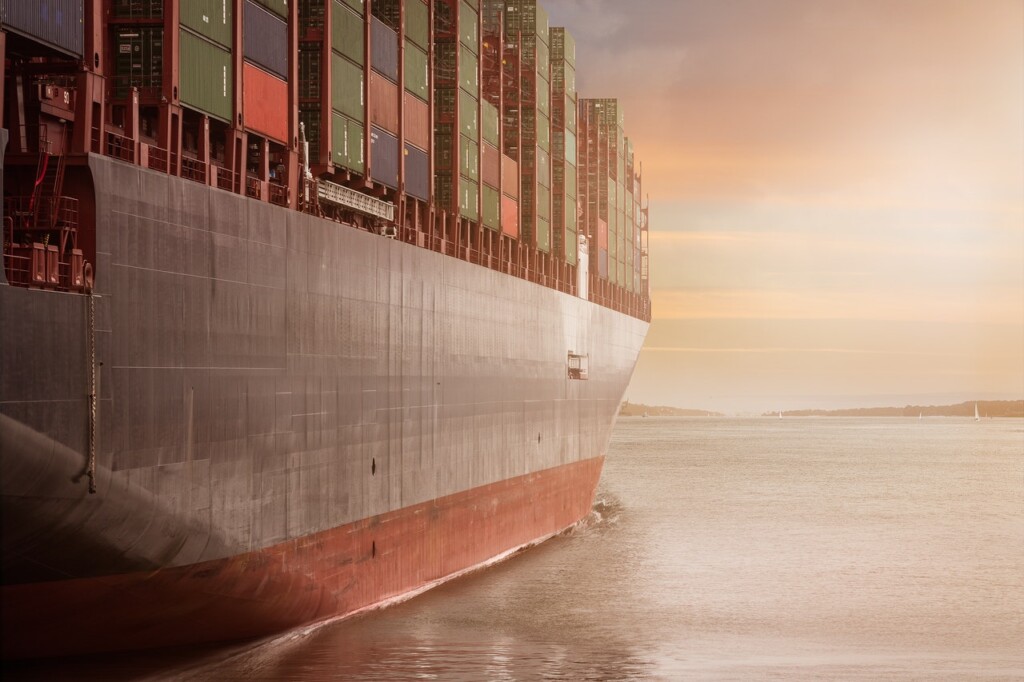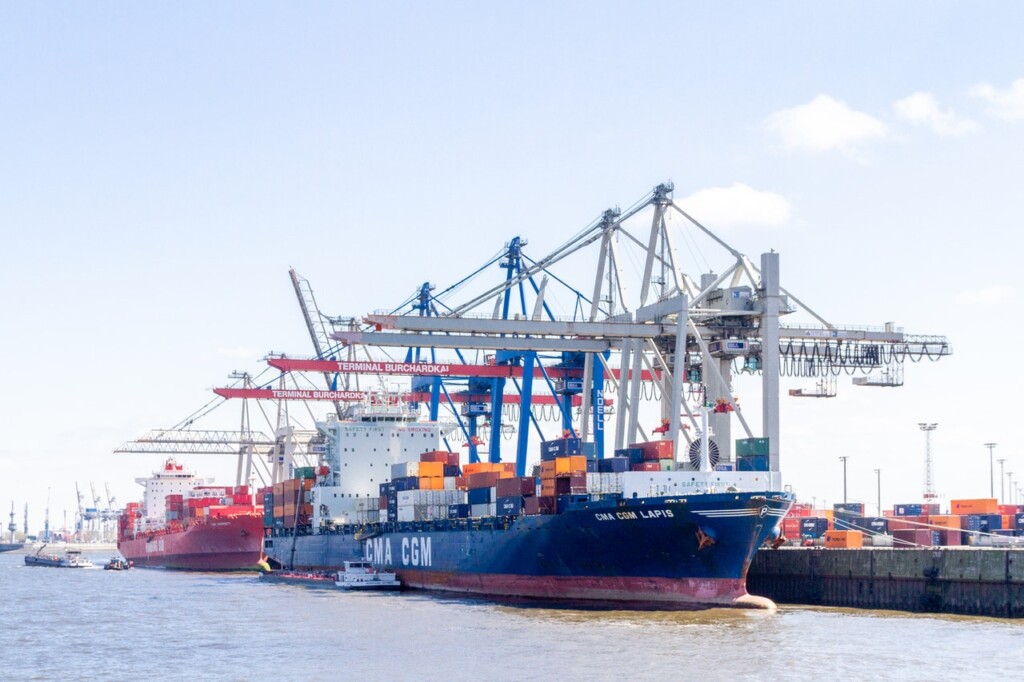On January 1, the new Incoterms 2020 will come into effect, the most widely used rules in international trade that every importer should know. Their use is accepted in sales operations worldwide. Choosing the right one helps avoid conflicts, litigation, and financial losses.
The International Chamber of Commerce (ICC) created the Incoterms to facilitate understanding and transparency between importers and exporters worldwide. They are periodically reviewed and updated to adapt to the international trade landscape.
This set of rules defines the rights and obligations of importers and exporters in international transactions. Therefore, it is important to understand the meaning and scope of each one of them.
Types of Incoterms
The different types of Incoterms establish when the responsibility for the goods is transferred. In some cases, the supplier’s responsibility ends when the order is completed. In other cases, this responsibility extends until the goods are loaded onto the ship.
Incoterms are distinguished by their acronyms. Among the most commonly used are the following:
Incoterm EXW
In this case, the supplier makes the goods available to the buyer at the seller’s premises, so the supplier’s responsibility is very limited.
Incoterms FCA, FAS, and FOB
In this group of Incoterms, the supplier commits to delivering the goods to the transport paid by the importer. Therefore, the importer is responsible for the transportation.
Incoterms CFR, CIF, CPT, and CIP
These Incoterms imply that the supplier will contract the transportation. However, it is important to note that their responsibility does not include potential damages or losses of the goods, although they must handle both the invoice and the Bill of Landing.
Incoterms DAT, DAP, and DDP
If one of these Incoterms is chosen, the supplier will cover all costs and risks until the goods reach the destination country.
As can be seen, each Incoterm establishes when responsibility is transferred from the exporter to the importer. Depending on the chosen Incoterm, the supplier will be responsible only for delivery to the port or also for loading.
Logically, the greater the supplier’s responsibility, the higher the cost. However, in addition to the price, other factors such as profit margins or the safety of the goods must be considered.
Generally, FOB terms are the most recommended, although their complexity makes it advisable to seek expert advice.
Incoterms 2020
The final text of the Incoterms 2020 rules was approved on May 29 by the ICC World Council during the commemorative events of the International Chamber of Commerce centenary.
The Incoterms 2020 will be published in a bilingual version (Spanish/English) on September 15, 2019. At that time, all the novelties included in this new version will be known.
Starting in the second half of September, our clients can ask us questions about the new international trade rules and clarify any doubts regarding the interpretation of the terms agreed with their suppliers.
At Bull Importer, we always recommend our clients conduct a preliminary study of the Incoterms to choose the one that best suits their case to save costs and import securely.




